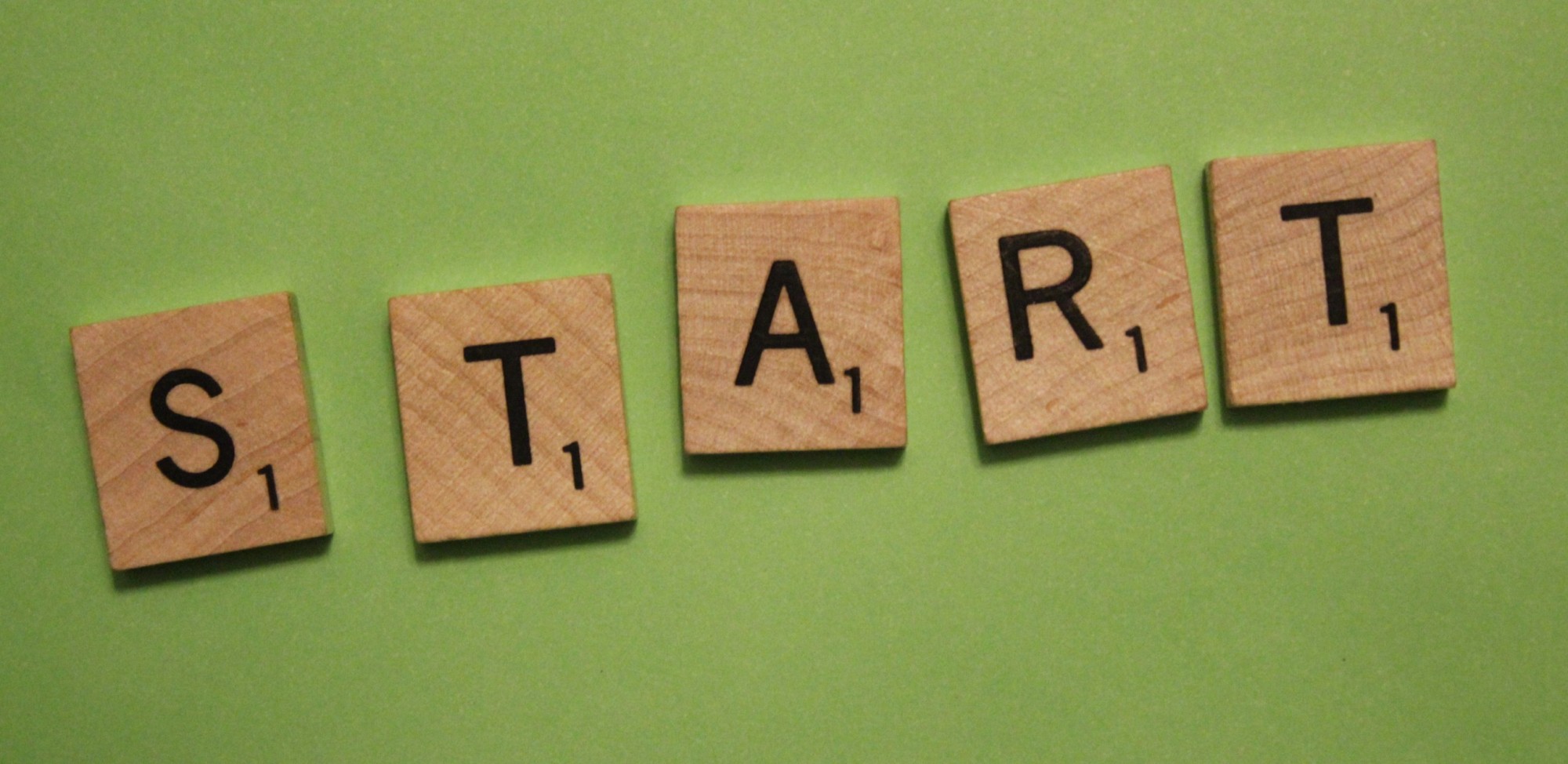The Student Guide to Playwriting | Getting Started
Tue 19 Jan 2016 |
Playwriting
The Student Guide to Writing: Playwriting is the first in a new series of competitions designed to share the best creative writing training with students and teachers at schools, colleges, Universities and elsewhere across the UK. You can find out more about the scheme here.
LESSON PLAN ONE: GETTING STARTED
BY ROB DRUMMER, ASSOCIATE DRAMATURG, BUSH THEATRE
Please Note: This lesson plan can be followed individually or taught to a group, either way I have suggested timings for the exercises to keep you on track and to get the most from writing quickly.
This lesson plan is focused on getting started and the very beginning of writing a play. I will offer some ideas and top tips as well as exercises to get you going and to demonstrate how story might work in your play.
The objective of this lesson plan is to be able to understand what a play is, what it might look like and to demonstrate ways of starting out when considering a new story and the early stages of playwriting and to offer some general advice before you begin writing your play.
WHY THIS AREA OF CRAFT IS IMPORTANT.
Before we begin work on your play, I hope it’s useful to share my top tips.
It might be helpful to start with what a play is, in its simplest form, so how about the following definition:
A play is a form of literature written by a playwright, usually consisting of dialogue between characters, intended for theatrical performance rather than just reading.
The most important thing here is to remember that a play is intended for performance, to be experienced by an audience and to be performed by actors, so the words on the page are only the beginning. They are like the plans for a building or even a sketch prepared before a painting. A lot of the making of a new play happens with the script as a starting point, even when all of the dialogue is spoken. Remember as a playwright you are telling stories with words and pictures.
I like to also consider what a playwright is, so how about the following definition:
If you think about how the word playwright is spelt it has more in common with a shipwright or a wheelwright and that is to say that they are both makers, contributing to a much larger process. The playwright is vital but also is one of the collaborators in the making of the play.
In my experience we all write differently, I’ve yet to meet two playwrights who mirror each other’s writing habits or who approach writing plays in identical ways. Of course there are shared ways of working and similarities and one thing that does seem to be the same across the board is that we all need to start somewhere.
It is fair to say that plays come in all shapes and sizes and the more you read the more you will realise there are lots of ways to write, to arrange your writing on the page but there are some rules you could start to follow.
DOWNLOAD FULL LESSON PLAN HERE
Stay tuned for the second lesson plan in the series where Ola Animashawun will discuss ideas.



